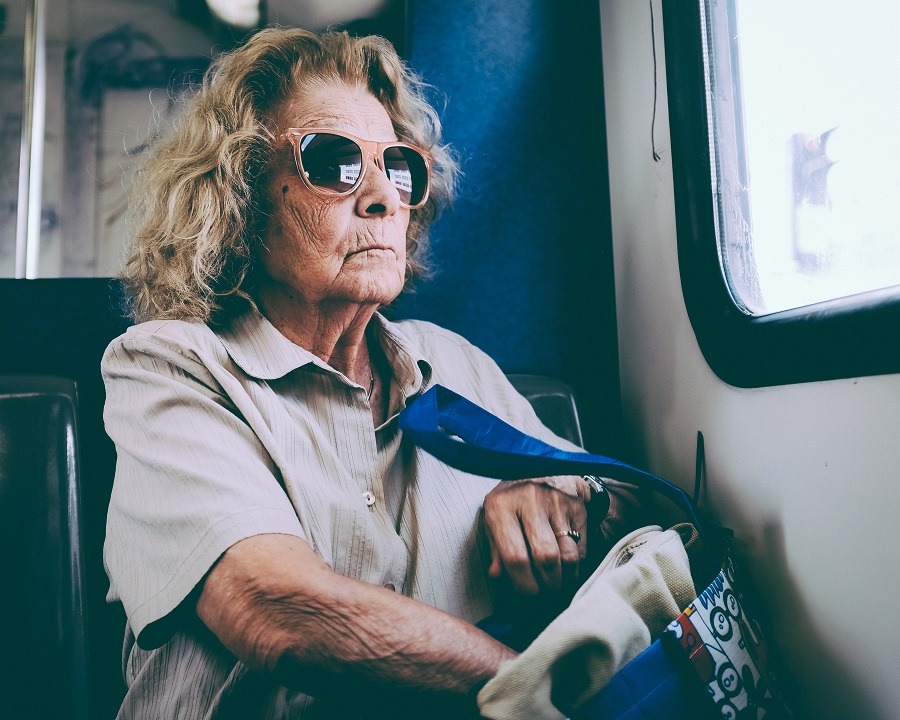Caring for Someone with Vision Loss


As our population continues to age, vision impairments are on the rise. The leading causes of vision loss include age-related macular degeneration, diabetic retinopathy, glaucoma and cataracts. These conditions create varying levels of vision loss and the support and needs are different for each person.
While this vision loss can be a huge adjustment for the person it’s happening to, it can also be very challenging for those who care for them. As caregiver, there are many ways to support your loved one’s mobility, dignity, safety and independence. Learn as much as you can about their particular challenges and focus on maximizing the vision that they do have by following these tips:
In the Home
Stay Safe and Organized
Leave doors open, make sure there are clear paths to every room and look for hazards like throw rugs, electrical cords or low furniture. Your loved one should help you decide how things are organized or adapted and don’t move anything around without telling them. Keep items that are used together in the same place and have a central basket for keys, remotes and other everyday items. Try using labels, coloured or raised stickers and rubber bands to help identify key objects.
Keep Things Bright
To make the most of their remaining vision, ensure the home is well lit using high-wattage bulbs. A brighter home is a safer home! Add additional lights throughout the kitchen, bathroom, stairways, closets and work areas and use lots of nightlights for safety.
Create Colour Contrasts
Painting door jams, marking stairs or slopes with bright tape and choosing towels and bathmats that contrast with the shower are all good ideas. Put dark objects on light backgrounds (and vice versa), to encourage both independence and safety. This can mean a dark light switch on a white wall, or white dishes on a black countertop. Contrasts will make it significantly easier for your loved one to find what they are looking for.
Use Adaptive Devices
There is lots of equipment that can be used around the home to help the person you are caring for complete everyday tasks. Talking clocks, bathroom grab bars, TV screen enlargers, illuminated mirrors, large print/big button items and magnifiers can all help.
Travelling Around
Get Out and About
Leaving the house will really help lift the spirits of your loved one. Instead of asking, “Let me know how I can help,” say, “I grocery shop on Friday mornings, do you want to come with me?” If you are acting as a sighted guide, ask them to hold your arm above the elbow, walk a step ahead, use a slow pace and describe or remove any obstacles in the way. Using a white cane can also be a very beneficial to not only get around but alert others of their vision loss.
Try Low Vision Aids
Telescopes and magnifiers can help your loved one read street signs, price tags or elevator buttons. A mini tape recorder can hold shopping lists, instead of struggling with handwritten ones. Try to encourage your loved one to be patient when they are using this equipment because, like anything new, it will take time and practice.
Reach Out
Look into transportation services provided by organizations and community groups that can help your loved one move around independently. Encourage them to ask questions and get help if they are travelling alone and need assistance. A local support group can connect them to others dealing with the same challenges, and they may be able to offer other ideas for navigating vision loss.
Teach Others
Social interactions can feel very overwhelming after losing your vision. Encourage friends to identify themselves instead of smiling or waving. For example, “Hi Graham, it’s Kevin and my daughter Kate. How are you doing?” This will help make the person you are caring for feel less isolated and encourage them to maintain their important relationships.
There are many ways for you to empower your loved one, encourage their independence and help them adjust to life with vision loss both in the home and in the community. To find out how VHA Home HealthCare can help you and your loved one, contact us today.



